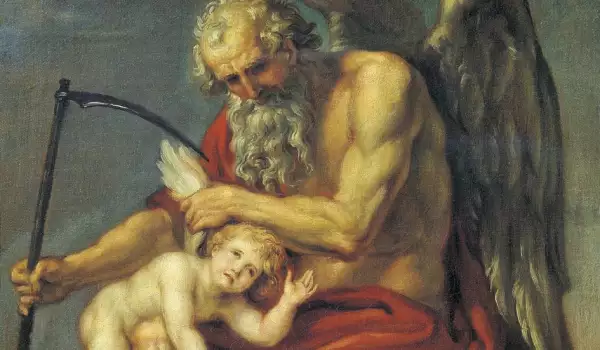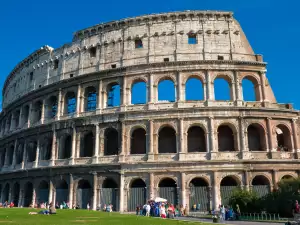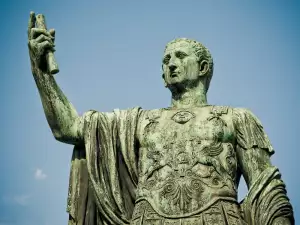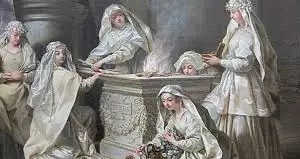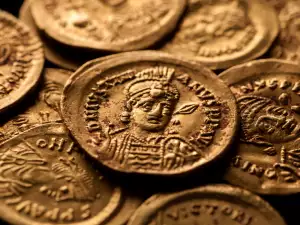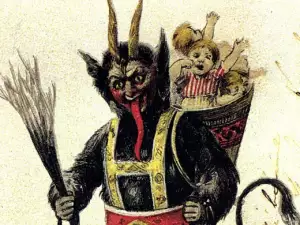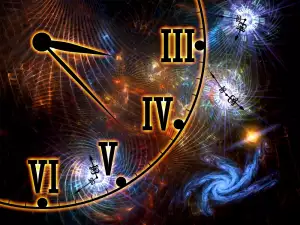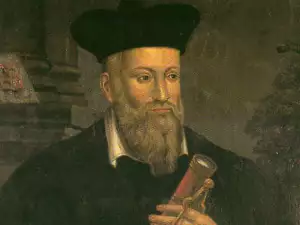Although they were pagans, each year the Ancient Romans would mark the week before Christmas with special celebrations. These festivities were called Saturnalia and were dedicated to the god Saturn.
Saturnalia was linked to the ancients' honoring of the earth and the harvest they had reaped throughout the year. Each year in Ancient Rome, from December 17 - 24, they held various rituals in honor of Saturn - god of agriculture and the harvest in their mythology.
The week was exceptionally festive for the Romans and everyone took a break from work and school, while even the slaves were granted privileges and criminals left unpunished.
During Saturnalia, the slaves shared a dining table with their masters and wore new clothes, while bearing a special scepter - a symbol of their brief emancipation. In some homes, the masters would even prepare banquets for their slaves.
Throughout the course of the week, every Roman family slaughtered either a pig, calf or sheep as animal sacrifice for the god Saturn. The Romans organized huge feasts, while relatives exchanged gifts.
Wax candles were mandatory gifts, for they symbolized the winter solstice, as well as baked figurines dedicated to Saturn.

During the period of festivities, every household chose a King of Chaos or King of Disarray, who would head them.
According to the Greek poet Lucian, the Romans were forbidden to be serious during that week, while singing and walking naked in the streets was encouraged.
The Romans visited the temples of the god of agriculture, decorating them with wreaths in the hopes that he would watch over them next year as well.
The name of the Roman god Saturn comes from the Latin word satus, which means to sow. This particular god was also revered as a deity of justice. He was depicted with a sickle in his left hand and a bundle of wheat in his right.
Saturn corresponds to the Greek god Cronus and Roman mythology held that during his reign there was equality, abundance and peace on the Earth.
